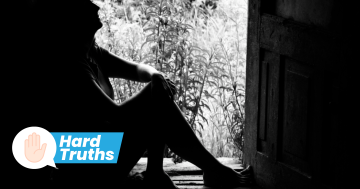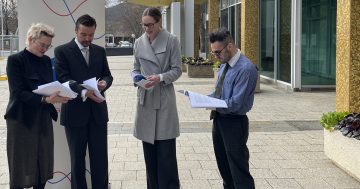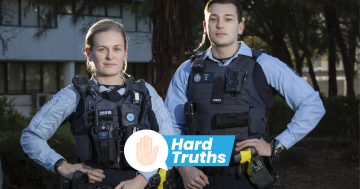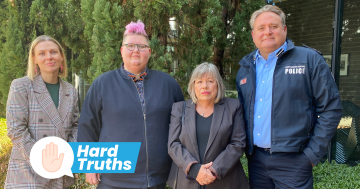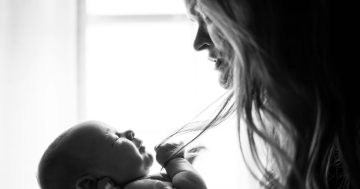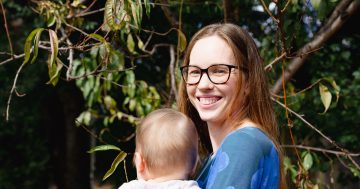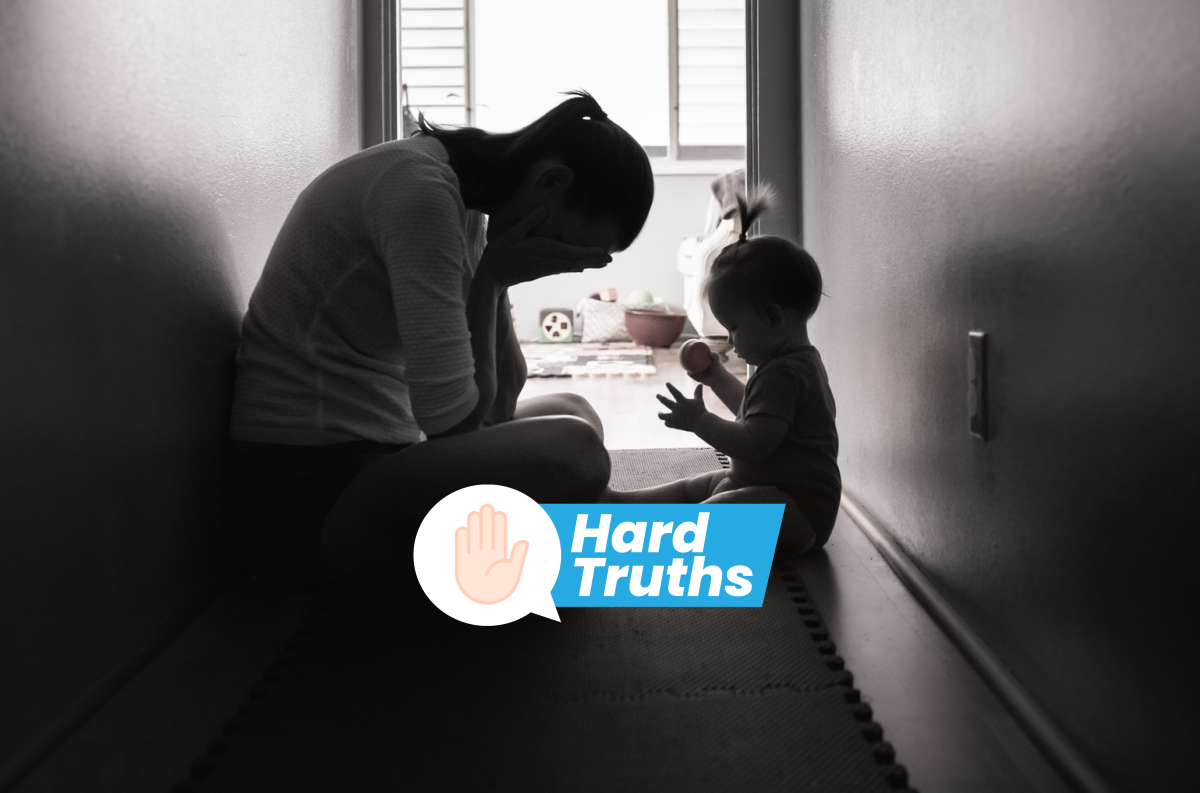
Community services play a vital role in supporting women who are pregnant or parenting and have been impacted by domestic and family violence. Photo: kieferpix.
The cost of living crisis has had a significant impact on victim-survivors of domestic and family violence, contributing to greater financial barriers to leaving an abusive relationship and making it more difficult for them to access safe housing and basic necessities.
The 2023 ACTCOSS Cost of Living Report highlighted that cost of living pressures can be exacerbated by domestic violence, and that families in the ACT are often particularly vulnerable as the Territory is one of the most expensive parts of the country to live in.
In the ACT, an estimated 42 per cent of women have experienced some kind of physical or sexual violence and an estimated 26 per cent have experienced some form of violence, emotional or economic abuse by a partner they live with.
“Experiences of domestic and family violence (DFV) have a significant impact on rates of poverty amongst women,” the report said.
On a national level, nearly two-thirds of single mothers had experienced some form of DFV, and almost 60 per cent reported financial hardship, such as not being able to afford utilities or food.
“We know particularly for women with children when trying to navigate and exit a relationship, at front of mind is ‘how will I financially be able to afford housing, clothing, family law matters?’,” Domestic Violence Crisis Service (DVCS) CEO Sue Webeck told Region.
Sue said the individual’s ability to meet the cost of living was a major prohibiting factor for people living with DFV and wanting to leave the relationship. She said it wasn’t just the “enormity of rent in the ACT”, but also basic expenses like being able to fill the car with petrol.
In some cases, these smaller costs are actually the barrier to them leaving the relationship, or result in victim-survivors being “thrown into potentially emergency accommodation unable to meet basic living costs”.
For victim-survivors of DFV needing a safe place to stay, community services like Karinya House play a vital role in ensuring they get the support they need. Karinya House is a unique service providing shelter, safety and care for women in the ACT who are pregnant or parenting and in crisis, many of whom have experienced DFV.
CEO Lavinia Tyrrel said their most recent data showed that 73 per cent of the women Karinya House supported had experienced intimate partner violence and 70 per cent had past experiences of trauma.
“We have noticed over the last 12 to 18 months, more women are referring to us with housing as their primary need,” she said.
Women who are pregnant or caring for a newborn face a heightened number of vulnerabilities, with a greater risk of DFV, homelessness, and financial insecurity and poverty.
Lavinia has seen first-hand the positive impact Karinya House has had on women and families. She gave the example of one mother who had come to Karinya House with a complex history of substance abuse, past trauma and unsafe relationships and homelessness. When she first arrived, it was challenging for her to look anyone in the eye but “she worked really hard at setting and achieving her goals”, including understanding the impact of her trauma and accessing drug and alcohol counselling. Eventually she had her first child returned to her care, set up her own home, and was giving back to the community as a volunteer herself.
“The last time we spoke to her she was doing the most beautiful job of parenting her children … The woman she’s become was a completely different woman.”
While Karinya House is focused on supporting pregnant and parenting women, those who have accessed its services in the past are able to return at any time, as “life is not linear”.
“We have seen more women returning for our services, particularly as a result of financial stresses,” Lavinia said.
While community services have experienced increased demand due to the cost of living crisis, both Sue and Lavinia wanted to make clear this should not be a deterrent to reaching out.
“It’s important to note the complexity of the circumstances people find themselves in requires a multi-agency approach,” Sue said.
“We’re in a position of privilege that people in their hardest moments trust in us. Our job is to work innovatively across the sector to make sure people get to the safest, most sustainable position.”
Sue noted that the phrase “crisis service” can make victim-survivors question whether their situation is severe enough for them to call, and urged people to reach out if they feel something is wrong, no matter how small.
“If people are experiencing things in their relationship that are harmful, limiting, or disrespectful, they can use us. They need to call.”
If you are experiencing domestic or family violence, DVCS has a 24-hour crisis response line, which can be reached on 6280 0900.
If you are in danger or if it is an emergency, call Triple Zero on 000. For support from Karinya House, call 6259 8998.












